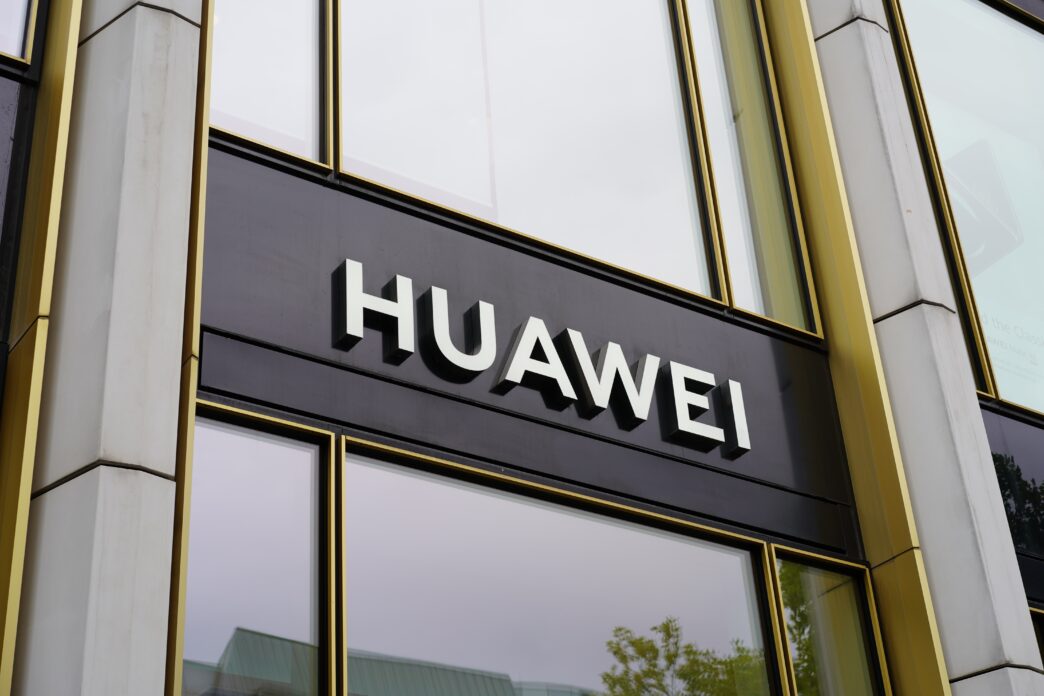Executive Summary
- Chinese companies in the EU reported a sixth consecutive year of deteriorating business conditions, citing rising labour costs and political challenges, with the business environment score dropping to 61 points.
- Key obstacles include perceived shortcomings in research, talent acquisition, market access, and the impact of the EU’s “de-risking” strategy and strong anti-China sentiment.
- Despite the challenges, 62% of Chinese firms anticipate increased revenue in the EU this year, and half plan to increase their investment in the bloc.
The Story So Far
- Chinese companies in the EU have reported six consecutive years of deteriorating business conditions, citing rising labor costs, political challenges, and difficulties with market access, research, and talent acquisition. This decline is largely attributed to the EU’s “de-risking” strategy, which aims to reduce reliance on China, leading to stricter investment screening and tariffs, such as those imposed on Chinese electric vehicles. Consequently, Chinese firms face unresolved issues like barriers to market entry, restrictions on research collaboration, and strong anti-China sentiment, all contributing to a complex operational landscape.
Why This Matters
- The persistent deterioration of the business environment for Chinese companies in the EU, marked by rising costs, political challenges from the bloc’s “de-risking” strategy, and increasing anti-China sentiment, is creating significant operational hurdles such as market access barriers and stricter investment screening. Nevertheless, a substantial portion of these firms still project revenue growth and plan to increase their investment in the EU, indicating a strategic long-term commitment to the European market despite the complex and challenging geopolitical landscape.
Who Thinks What?
- Chinese companies operating in the EU, as reported by the China Chamber of Commerce to the EU (CCCEU), perceive a sixth consecutive year of deteriorating business conditions due to rising labour costs, political challenges, market access barriers, and strong anti-China sentiment.
- The European Union’s “de-risking” strategy, aimed at reducing reliance on China, has led to stricter investment screening and the imposition of tariffs, contributing to the operational and political headwinds faced by Chinese firms.
- Despite the reported difficulties and declining business environment, a significant portion of Chinese companies remains optimistic, with 62% projecting increased revenue and half planning to increase investment in the EU this year.
Chinese companies operating within the European Union have reported a sixth consecutive year of deteriorating business conditions, citing rising labour costs and political challenges, according to a survey published on Wednesday. The survey, conducted by consultants Roland Berger for the China Chamber of Commerce to the EU (CCCEU), polled 200 Chinese firms and organisations, assigning the EU business environment an overall score of 61 points. This marks a decline from 73 points in 2019 and is a point lower than the previous year’s assessment.
Operational and Political Headwinds
The CCCEU survey highlighted several obstacles faced by Chinese businesses, including perceived shortcomings in the bloc’s performance regarding research, talent acquisition, digitalisation efforts, and general market access. These challenges contribute to a complex operational landscape for foreign investors.
Relations between the EU and China have been under strain due to the EU’s “de-risking” strategy. This policy aims to reduce the bloc’s reliance on China, particularly for critical minerals, and has led to stricter investment screening and the imposition of tariffs, notably on Chinese-built electric vehicles since October of last year.
Unresolved Issues and Sentiment
Despite a recent easing of “extreme negative sentiment,” the CCCEU stated that fundamental improvements have yet to materialise. The chamber’s report indicated that “core issues, such as barriers to market entry and restrictions on research collaboration, remain unresolved and continue to hinder Chinese companies’ operations in the EU.” A significant 81% of respondents reported increasing uncertainty, with 67% citing strong anti-China sentiment as impacting their business.
Specific challenges identified by the Chinese firms include exclusion from market access and government procurement opportunities, prolonged approval processes for projects, limited access to EU subsidies, and restricted channels for engaging with government bodies. These issues collectively contribute to a less favourable operating environment.
Persistent Investment Interest
Despite the reported difficulties, the survey also revealed a degree of optimism among Chinese companies regarding their future in the EU. Approximately 62% of respondents projected an increase in their revenue within the European Union this year, and just under half anticipated a rise in profits. Furthermore, half of all surveyed companies expressed plans to increase their investment in the bloc, with only 11% expecting a reduction.
Outlook Amidst Challenges
The findings underscore a complex dynamic for Chinese businesses in the EU, balancing persistent operational and political headwinds with continued expectations for revenue growth and investment. While the business environment has seen a consistent decline in perceived quality, the commitment to expansion among many firms suggests a strategic long-term view of the European market.








